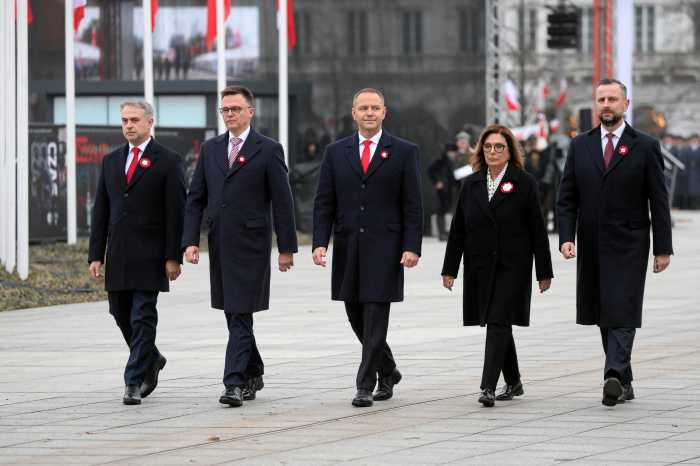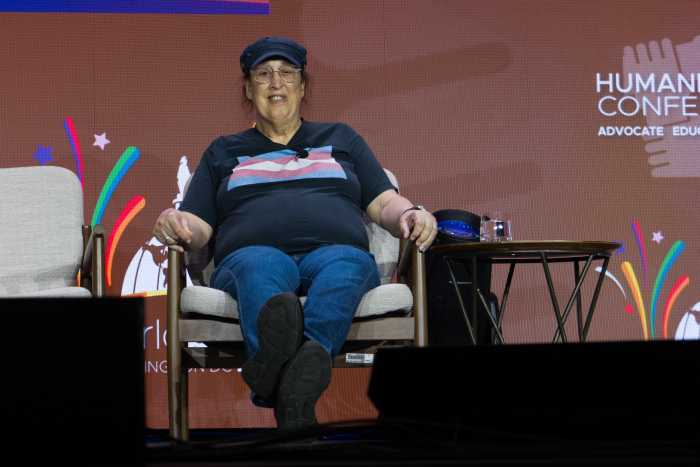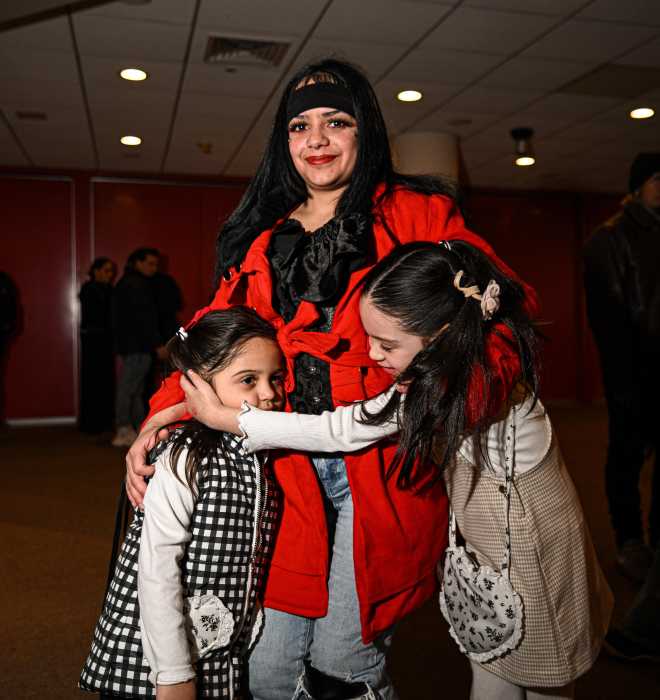Mexico’s LGBTQ community is demanding answers following the death of Jesús Ociel Baena, a prominent LGBTQ activist and the first non-binary magistrate in the country.
Baena was found dead on Nov. 13, alongside their partner, Dorian Herrera, in their home in Aguascalientes, Mexico, according to Agencia Presentes, a Latin American LGBTQ publication. That same night, LGBTQ activists organized marches and vigils in at least 33 Mexican cities as individuals mourned the magistrate’s death and called on authorities to conduct a thorough investigation.
Officials in Mexico, including the Aguascalientes state attorney general, Jesús Figueroa Ortega, have said they believe Baena and Herrara were killed as a result of an interpersonal dispute — a claim that many in Mexico’s LGBTQ community have challenged.
Along with being the first non-binary magistrate — or “magistrade,” instead of the gendered “magistrado” or “magistrada” in Spanish — at the State Electoral Court of Aguascalientes in Mexico, Baena was also the first person in the country to receive a Mexican passport reflecting their non-binary identity. Their activism also led to the National Electoral Institute issuing non-binary voting credentials. On social media, Baena was a fervent advocate for their community, urging their more than 365,000 TikTok followers to actively participate in politics. They could often be recognized by their rainbow-colored fan, and frequently appeared in their videos wearing makeup and dresses.
“LGBTQ+ people have been sold the idea that we can’t express ourselves as we are, from our jokes to our mannerisms, from the formality of what we should be and say, from political correctness,” Baena said in the last public appearance before their death. “I am a disruptive person from the beginning, because what I seek is to break the mold, to break the paradigm and that’s my way of being and expressing myself.”
The Mexican LGBTQ rights group Letra S recorded 543 violent deaths of LGBTQ people from 2018 to 2022, including 87 in 2022. Baena, who spoke out vocally about violence against the LGBTQ community, was receiving security protection after receiving death threats, they posted on X in July.
Alejandro Brito, the founder of Letra S, said Baena made profound contributions to Mexico’s LGBTQ movment.
“Ociel’s legacy, beyond his personal achievements, is that he put on the table, at the center of the debate, the importance of assuming an identity and expressing it freely,” he said in Spanish to the paper Pie de Página. “Ociel’s free expression was always interpreted as a whim, a clownishness, or an act of exhibitionism in the most recalcitrant, conservative sectors of society. But Ociel insisted that this was part of his being, something fundamental to his person, and that message is powerful.”
Brito added, “The community’s mobilization is impressive … it is the first time in Mexico that there has been a mobilization of this magnitude in the case of a murdered LGBTI+ person.”
“Ociel was a person who broke away from many discourses, many narratives, many beliefs, and was gaining many rights [for the community],” Grecia Valencia, an LGBTQ activist from Baena’s home state of Aguascalientes, said in the publication Poplab.

































